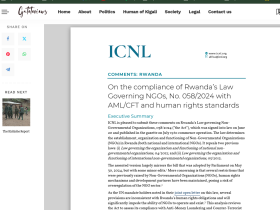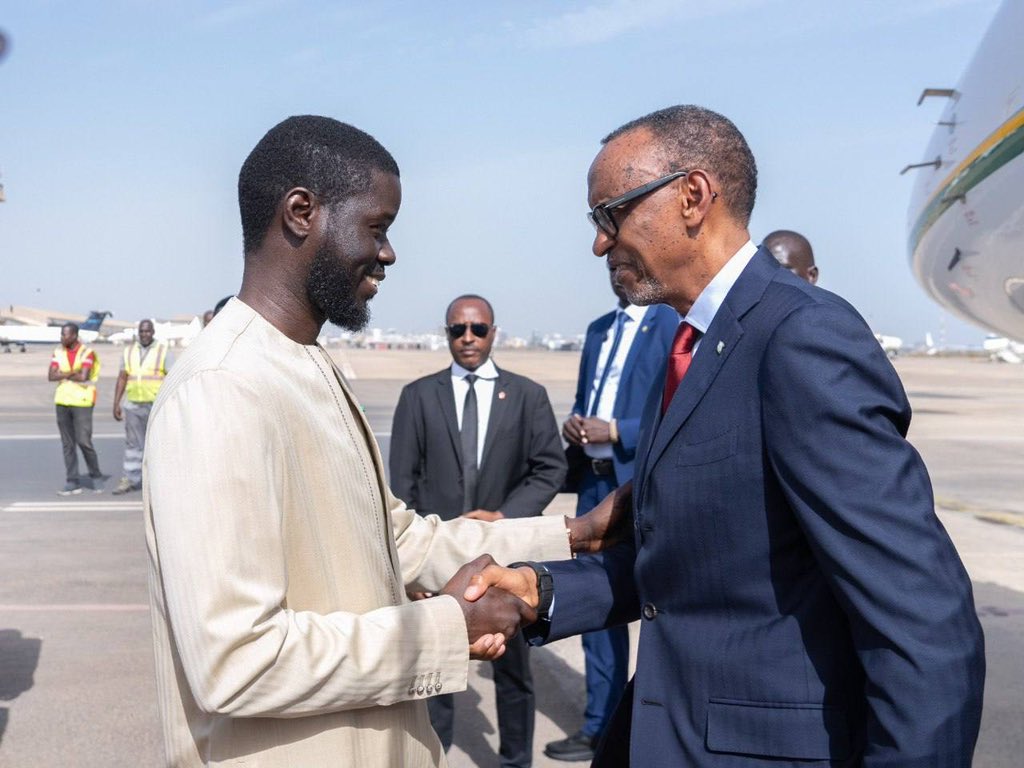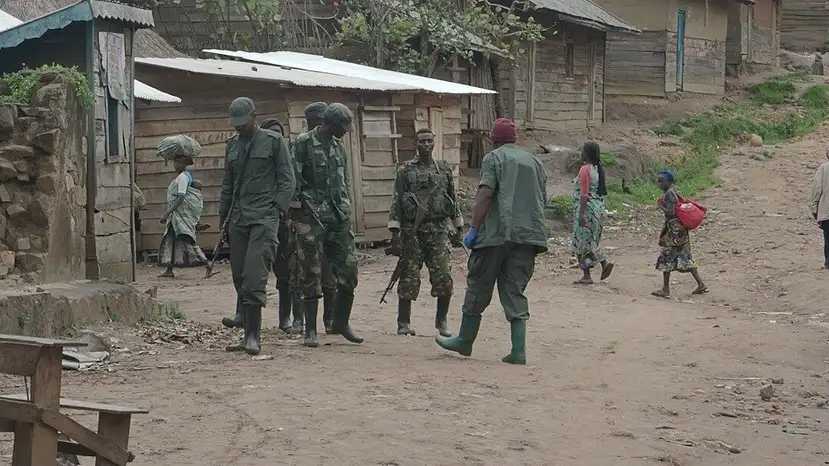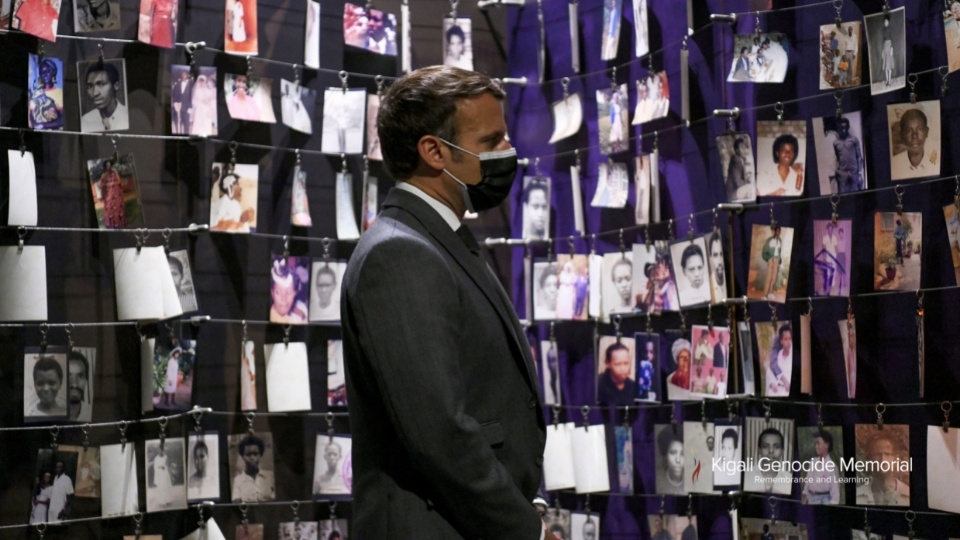‘Keep your friends close, and your enemies even closer.’ – Niccolò Machiavelli, The Prince.
No one applies this maxim better than Rwandans. The previous Habyarimana’s regime thought its survival depended on excluding a big chunk of Rwandans from the country, hoping that they would eventually forget their cause. That was the source of its undoing.
After the Genocide, the new government had learned not to make such a mistake. Indeed, the discourse changed from: ‘Rwanda is too small to accommodate those in exile’, to ‘Rwanda has plenty of space and there is no cause for any Rwandan to live exile.’ Host countries were so shocked to see the new government pleading with them to send back their compatriots that some assumed the worst. After protracted armed struggles, victors do not readily beg their foes to comeback and settle. Most were rather delighted to cooperate. Those reluctant, such as the DRC, were induced to – so to speak…
By doing that, Rwanda knew it was easier to monitor someone within the realm of its managerial control, than to keep them out of reach and hope for the best, which, history has shown, can be unpredictably devastating.
That was strike one of a long chess game that would ensue, between the new government and the international community and human rights watchdogs, more used to painting Africa with the same bleak brush. Of all human rights violations that Rwanda has been accused of, none has actually been proven beyond reasonable doubt. All critics have had to rely on speculations, hearsay, and, at best, extrapolation…
It is almost impossible to catch the Rwandan government red-handedly violating international law. Which, as a result the Rwandan government legitimately says has a simpler explanation: we don’t violate international law, Period! Those with trust issues see many coincidences, but they have struggled for twenty years to put credible truth to them: witnesses turn out to be partisan, analysts to have vested interests, and the neutral ones desperately lack evidence. This frustrates Rwandan detractor so much, that it increases their passionate hate for Rwanda.
It can be a headache to be a Rwandan detractor: you have to lead an irreproachable life, have a clean background and never succumb to cooption. If you have any dirt, they will dig it and blow it in your face.
The disappointment reached its paroxysm, when the International Court of Justice declared that Rwanda’s invasion of the DRC was justified. There! It was legal: End of discussion! While the court at the same time said Uganda’s invasion was a violation of international law, no one cared. Uganda’s violation of international law is no news, they’d do it on camera. What all were looking for was Rwanda, but they simply don’t seem to catch it!
While Obama says: ‘yeah, we tortured some folks’, Kagame says: ‘you can’t betray Rwanda and get away with it’. While Obama says: ‘we’ve killed him’ referring to Osama Bin Laden, in Rwanda we say: ‘we should have killed him’ – referring to Karegeya.’ the nuance being: I don’t care about international law for the first, and I am too smart for international law for the second. Both messages effecting the needed deterring intent towards the apprentice terrorists plotting evil to both countries, but one just stopping short of self-incriminating – it’s an art…
I just met people in Nairobi swearing that Kagame said: ‘we will not hesitate to arrest or even shoot any one who threatens me!’ The truth is, he never said that; what he said was: ‘we will not hesitate to arrest, even shoot in broad day light, anyone who threatens our national security.’ Now they wish he had said: ‘me’ instead of ‘our national security’. But he can’t, why would he? The message may as well have meant don’t mess with me, but it came across as legitimate, even pacifist.
This reminds me of the coyote and roadrunner cartoons. For the thirty-two years I have lived, the coyote has been chasing the roadrunner, with no luck; it’s sad… While he lays the most sophisticated traps in the book, roadrunner just cruises through with ease, over and over again, and that, for at least the last 32 years. It can be really frustrating to be a Rwanda detractor; sometimes I wonder if they will not wind up following Kagame’s advise of taking the rope and hanging themselves…
Which brings me to Maina Kiai: the United Nations’ Special Rapporteur on Freedom of Assembly. Mr. Kiai is a very energetic and charismatic human rights activist. He wants to bring about change and ensure that Human rights are respected; it’s admirable. Except, here he is playing in a different league…
On his last trip to Rwanda in January, he made some serious accusations of Rwanda’s violation of the right to peaceful assembly in a compelling report. As expected, Rwanda denied the allegations in a compelling response. All that is normal; That is what happens in every country he, and all other UNSRs go to. Now, the good activist thought that that page was turned, as he prepared for a rematch in Geneva early next year, at the 21st session of the Universal Periodic Review, where Rwanda is expected to present its compliance with International Conventions before the UN-Human Rights Council; he was wrong: that was being misinformed about Rwanda.
A few weeks later they contacted him with an offer he couldn’t refuse: You have criticised us, it’s your job, no hard feelings… Now, come and fix it; you have carte blanche. If you refuse, we’ll say: hey look, he prefers to stay in his ivory tower coming out to show how smart he is, while he is unwilling to help us address the problems. If you accept, then you can’t criticise us, for you will be a team member. I can only imagine the man having sleepless nights over this! But in the end he had to come.
At this point I need to add a caveat: In order to keep their independence, UNSR are not allowed to accept payment. So Maina Kiai will not be paid by the Rwandan government. But they have to extend full cooperation to him; even the Rwandan Minister of Justice took time off his annual leave to work with him. By the time he is finished, we’ll have the best human rights record in the world; let the game begin: come on, it fair play…
In a game of chess you have to predict 4 to 5 moves ahead. If Indians or Persians invented normal chess, Rwandans must have invented political chess.
My former boss, another UN Special Rapporteur was bemused by the move to invite Maina Kiai. Let me tell you, every country in the world hates UNSRs, even those that are known to uphold human rights – founders of Human Rights. One of my former lecturers; Christophe Heyns – the UNSR on extra-judicial killings was once referred to as ‘jerk’ by a US congressman; while my former boss, the UNSR on Eritrea was never allowed to set foot in Eritrea throughout the course of our work. Even the UN is scared of them for they criticise it. You should have seen Chriss Mburu the UN human rights advisor to Rwanda, while preparing for the first visit of Maina Kiai; the man was traumatised. Other colleagues have called me; they still can’t believe Rwanda just invited a UNSR to come and fix human rights: its unprecedented.
My answer to them: that’s how its done round here! That’s how we roll! In fact, we have extended a standing invitation to all of them: UN, AU experts: make yourselves at home, we have nothing to hide; and if we do, you will never find out…
That’s where Rwanda does not cease to amaze. You can’t predict what they will do next. And for the Rwandans it must be fun; nagging all these experts using international law, which incidentally, was supposed to hold them to account. The position of a Rwandan nihilist can be a very lonely place. But the good thing about it is that it helps the government stay sharp. So sorry my nihilist friends, I truly feel for you; I may even have an advice or two: You know your truth, hang on to it! For that though, you’ll have to stop reading reports of imposters like the World Bank, the IMF, Transparency international, Human Development Index; and soon, Human Rights special rapporteurs…
But hey, don’t hate the player; hate the game!
Posted 1st September 2014


















Leave a Reply